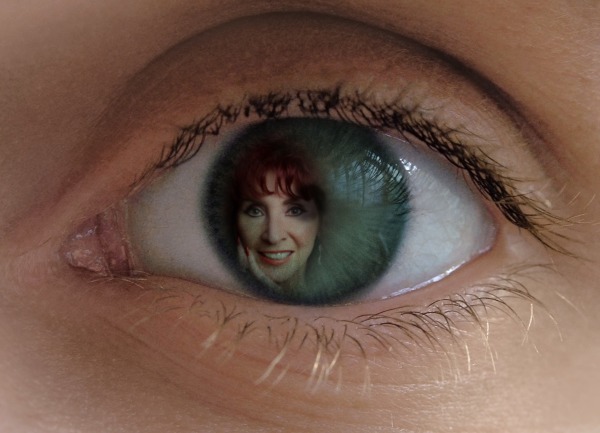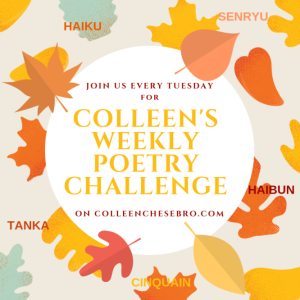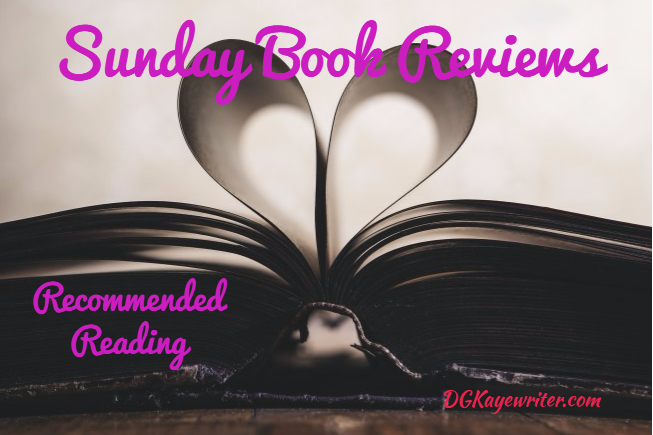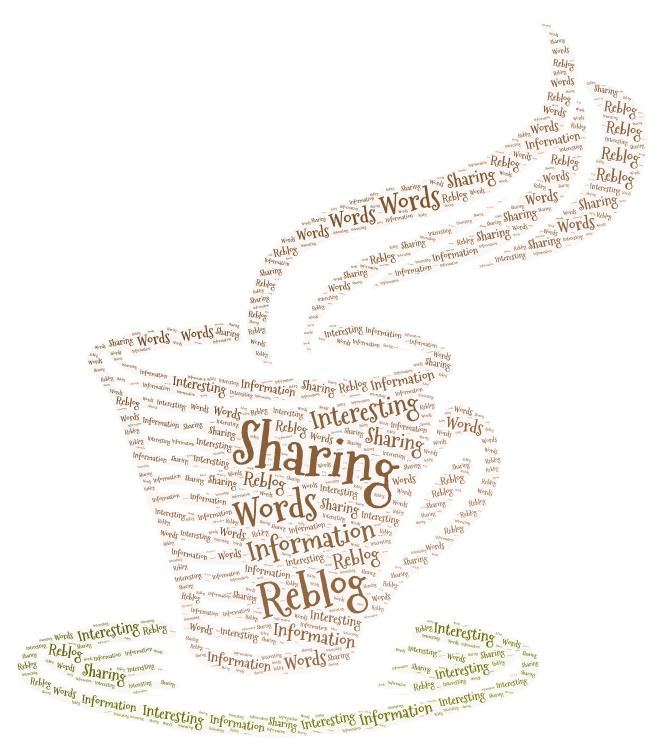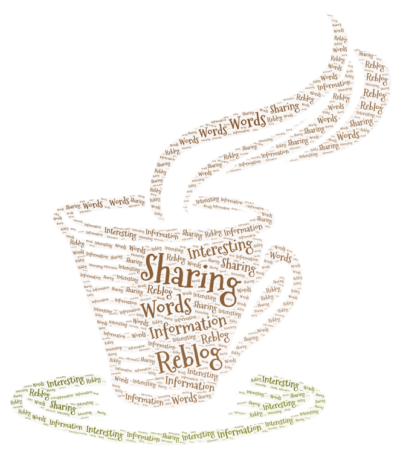Childhood Scribbles
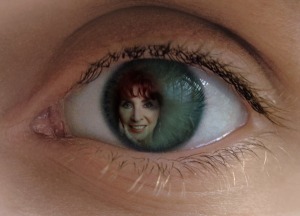
Whenever I’m asked when my passion for writing evolved I always remember that my journey began through writing love notes for the people I loved as far back as I can remember as soon as I learned how to write, which is stated in my bio.
As a child, I had so much love in my heart and empathy for others going as far back as I can remember. It’s rather odd when I think back to my childhood because “I love you” words weren’t familiar words in my home, leaving me feeling uncomfortable to say them. But writing from my heart to express my feelings was easy.

I wrote:
I love my mommy and my daddy. I drew pictures of them and wrote: This is mommy and daddy.
My mother died four years ago October. When we sat ‘shiva’ in the mourning period for her at my brother’s home, my sister-in-law brought out some photos my mother kept in a worn out looking makeup case. I was still feeling a million unresolved feelings that day and wasn’t too interested in looking at them at the time. But last week I went to visit my sister-in-law and she told me she had cleared out her basement and found some photos and items I may want. I came across a few of those cards I wrote my parents along with a few of those ‘love notes’ I had written.
The notes I found had me wondering why of all the many things I’d written as a child, my mother had clung to these very few items my sister-in-law gave to me. Where were all the rest gone? And the note that moved me most was one poem my father had written to my mother. Besides how touching and beautiful that poem was, it broke my heart to read it. It had taken me back to many memories of my father asking me to help him get back together with my mother.

It reads:
E – Is for you’re Everything to me
L – Is for my Love for you
I – Is for If I had you
Z – Is for Zilch when I’m without you
A – Is for I’ll Always want you
B – Is for you’re Beauty
E – Is for my never Ending want for you
T – Is for the Time I wait
H – Is for when I’ll Have you
After my tears subsided, it dawned on me that my father must have had some instinct for writing. Nobody in my family had ever displayed an interest for writing. I knew I was a blacksheep in many ways, and often wondered where my passion for writing came from. That love note was a reminder that I had inherited my compassion from my father. But did I also inherit the secret passion he had for writing?

Paper Towel Love Note Cover:
To Mommy from Debby (I love you inside the heart)

Unfolded scrap of paper towel: Inside:
Roses are red
Violets are blue
Sugar and honey are sweet
But you are the sweetest
(I love you inside the heart)
One more I found written on a piece of cardboard. This card reminded me of the numerous cards I’d written each time my parents broke up when my little heart was aching and the only wish I had in the whole world was that they’d reunite.

Front of card: To Mom from Debby. I love you Daddy
Back of card: I love you mom I love you dad.

Inside that card left side: Dear mom I love you and daddy I am always going to be fair with you and daddy
Left side: hugs and kisses mom xxxxxxoooooo hugs and kisses dad xxxxxxoooooo – look on back
I remember another card I’d made during one of their separations, which I never did see again, but the memory of that card stuck with me till this day. It said:
I have a mommy and I have a daddy but I don’t have a mommy and a daddy.
I remember that card well because I was afraid to give it to my mother and had left it lying around somewhere. She eventually found it and I got slapped for writing it.
Such was my tormented childhood growing up with a mother I idolized as a young child and a father who lived apart from us more than he ever lived with us. My heart ached for my father because I had such empathy for his broken heart. As I grew into a young teen my resentments began to grow for my mother as I learned to understand her manipulations and watched the games she played on my father. My love for my father never faltered. I took care of him as a child as I did till the day he died. A heaviness in my heart that even 27 years passing never lightened.
One other sad note – my atrocious handwriting remains the same. 😊

